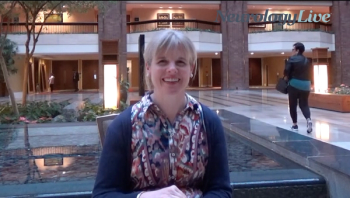
The child neurologist at the University of Colorado School of Medicine talked about her presentation on end of life care for patients with neuromuscular diseases at the 2023 MDA conference. [WATCH TIME: 5 minutes]

The child neurologist at the University of Colorado School of Medicine talked about her presentation on end of life care for patients with neuromuscular diseases at the 2023 MDA conference. [WATCH TIME: 5 minutes]
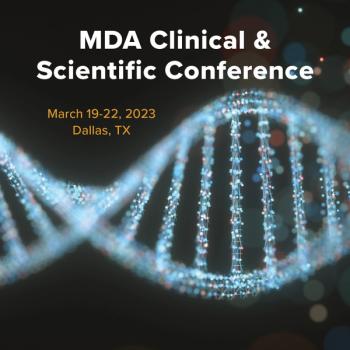
As a recap from MDA 2023, get caught up on some of the latest news in neuromuscular diseases as the NeurologyLive® team shares some of our data updates.
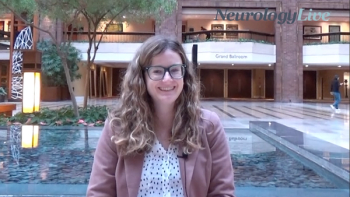
At the 2023 MDA Conference, a neurology nurse practitioner in the Neuromuscular Division at Washington University in St. Louis talked about adverse event management of gene therapies in Duchenne muscular dystrophy. [WATCH TIME: 2 minutes]
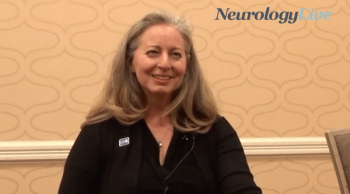
At the 2023 MDA Conference, the executive vice president and chief research officer of MDA talked about a new program from the MDA to tackle ultra-rare neuromuscular diseases. [WATCH TIME: 5 minutes]
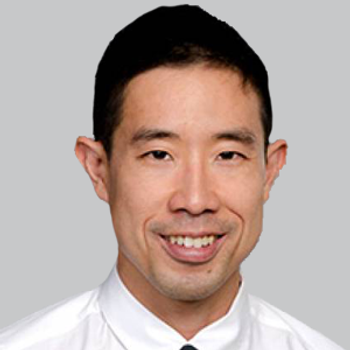
Durability of treatment response on reachable workspace was observed among those who continued losmapimod throughout the 96-week period and those who switched from placebo.
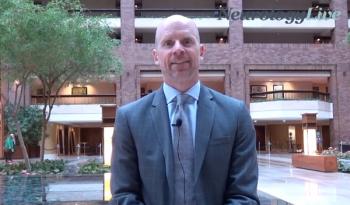
The associate professor of pediatrics at the University of Colorado School of Medicine talked at the 2023 MDA Conference about how digestive health impacts patients with Duchene Muscular Dystrophy. [WATCH TIME: 4 minutes]
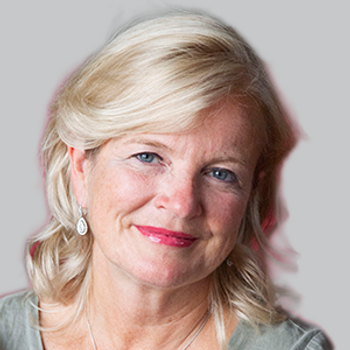
In participants who received placebo during the parent studies, rapid improvements were observed as early as week 1 after switching to zilucoplan, and continued through week 12 of the extension period.
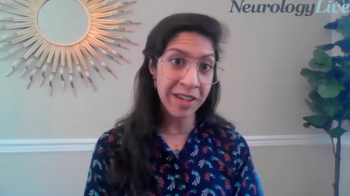
The palliative care physician and assistant professor of medicine at Johns Hopkins Bayview Medical Center discussed the types of resources clinicians can pull from to expand neuropalliative care for patients with neuromuscular disorders. [WATCH TIME: 3 minutes]

After results indicated significant slowing of ALS disease progression, Coya noted it plans to file an IND with the FDA in the second half of 2023 for a potential clinical study thereafter.

The professor of neurology and pediatrics at University of Rochester Medical Center shared her thoughts on the 2023 MDA Clinical and Scientific Conference, and the progress made in the treatment of neuromuscular disorders.
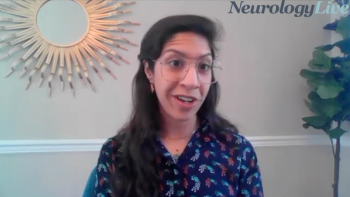
The palliative care physician and assistant professor of medicine at Johns Hopkins Bayview Medical Center provided perspective on current state of end-of-life care for neuromuscular disorders and areas to improve upon. [WATCH TIME: 4 minutes]
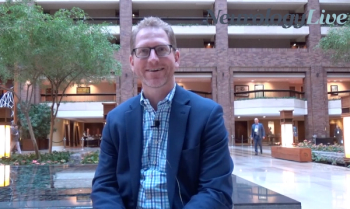
The chief medical officer at ML Bio Solutions spoke about the advances in neuromuscular diseases such as limb girdle muscular dystrophy at the 2023 MDA Conference. [WATCH TIME: 3 minutes]
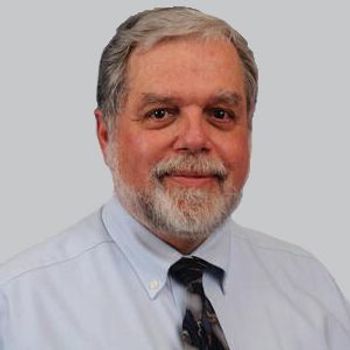
Efgartigimod-treated patients consistently outperformed placebo regardless of concomitant medication, thymectomy status, and timing of diagnosis.
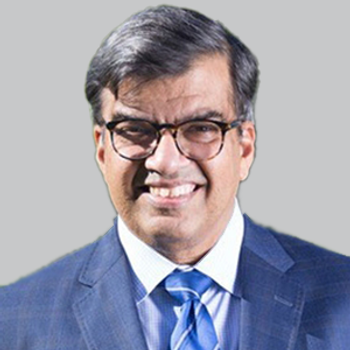
After previously showing positive effects on MG-ADL and QMG, ravulizumab continued to show improvements in ocular and respiratory muscle domains in myasthenia gravis.
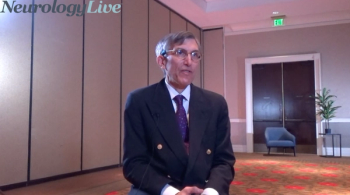
The director of the Center for Biologics Evaluation Research at the FDA provided an overview of the Keynote Address he gave at the 2023 Muscular Dystrophy Association Clinical and Scientific Conference. [WATCH TIME: 3 minutes]
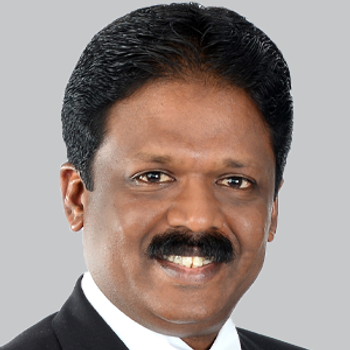
More than 90% of patients, ambulatory and non-ambulatory, experienced improvements in Medical Research Council score within 6 months of treatment.
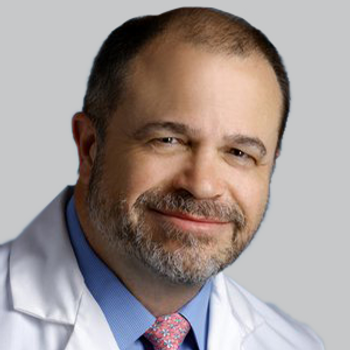
Differences in baseline characteristics and eligible criteria in presymptomatic infants with spinal muscular atrophy led to differential results on motor and nonmotor clinical outcomes.
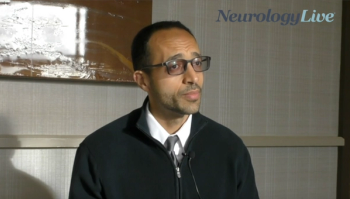
The director of the Visual Outcomes Laboratory at Cedars Sinai talked about the current treatments used in MS and the risks associated with them at 2023 ACTRIMS Forum. [WATCH TIME: 3 minutes]

At the 2023 ACTRIMS forum, Omar Al-Louzi, MD, director of the Visual Outcomes Laboratory at Cedars Sinai, talked about investigating the relationship between viral infections and multiple sclerosis using MRIs.
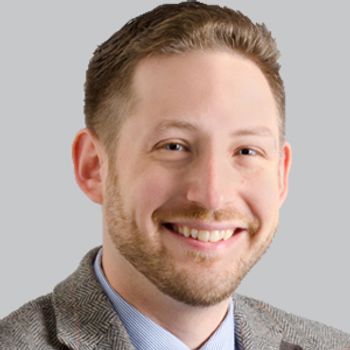
Michael Dwyer, PhD, director of IT and Neuroinformatics Development at the Buffalo Neuroimaging Analysis Center, provided insight on how artificial intelligence techniques may be used to monitor disease progression in multiple sclerosis.
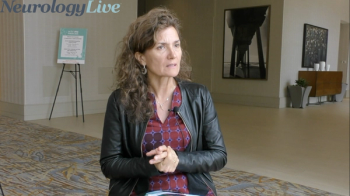
The neurologist and physician scientist at Washington University in St. Louis provided perspective on the need for additional studies assessing the long-term effects of dieting strategies in multiple sclerosis. [WATCH TIME: 3 minutes]
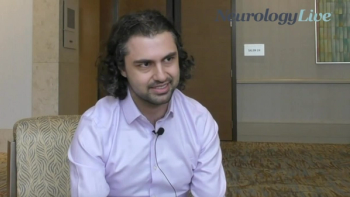
At the 2023 ACTRIMS, the post-doctoral associate in the department of clinical neurosciences at the University of Calgary, spoke on the impact of researching T-Bet+ memory B cells for new therapies in multiple sclerosis. [WATCH TIME: 5 minutes]
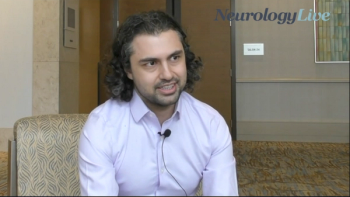
At the 2023 ACTRIMS Forum, the post-doctoral associate in the department of clinical neurosciences at the University of Calgary talked about the main findings he observed with B cell therapies in patients with MS. [WATCH TIME: 4 minutes]

Omar Al-Louzi, MD, director of the Visual Outcomes Laboratory at Cedars Sinai, provided his clinical perspective on role of imaging and viral infections in patients with MS at the 2023 ACTRIMS forum.
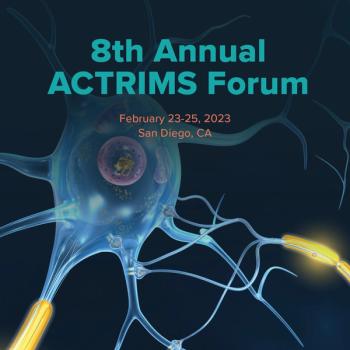
A group of experts in the care of patients with multiple sclerosis—Marisa McGinley, DO; Farrah Mateen, MD, PhD; Laura Piccio, MD, PhD; Robert Zivadinov, MD, PhD; and Bruce Cree, MD, PhD, MAS, FAAN—shared their perspectives on hot topics of treatment and management from the 2023 ACTRIMS Forum.
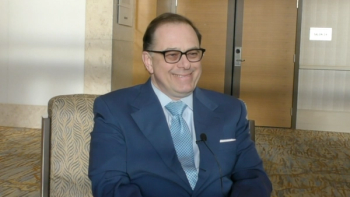
The clinical research director of the UCSF Multiple Sclerosis Center spoke about the barriers in accessing proven therapies for NMOSD at the 2023 ACTRIMS Forum. [WATCH TIME: 3 minutes]

Rajiv Jain, PhD, post-doctoral associate, department of clinical neurosciences, University of Calgary, talked about his presentation on T-bet+ memory B-cells in multiple sclerosis at the 2023 ACTRIMS Forum.
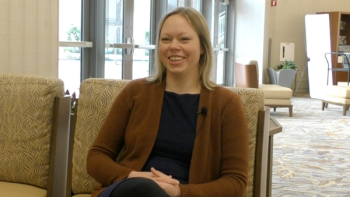
The clinical assistant professor of neurology at Jacobs School of Medicine and Biomedical Sciences, University at Buffalo, New York, talked about her presentation on Evusheld at the 2023 ACTRIMS Forum. [WATCH TIME: 5 minutes]
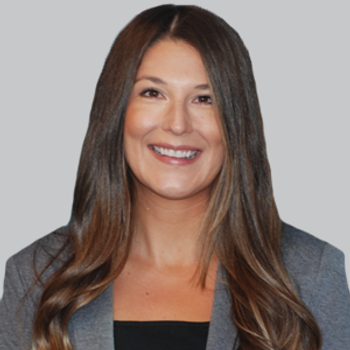
Taylor Gonyou, DO, a multiple sclerosis fellow at Michigan Institute for Neurologic Disorders, detailed a proteomic biomarker panel that gauges multiple sclerosis disease activity, with potential to impact clinical decision-making.
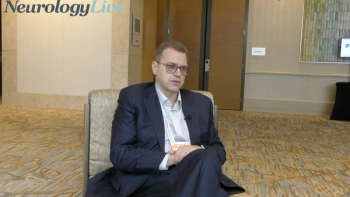
The director of the Buffalo Neuroimaging Analysis Center provide perspective on innovative ways to monitor progression in multiple sclerosis, and the importance of high-level care facilities. [WATCH TIME: 5 minutes]